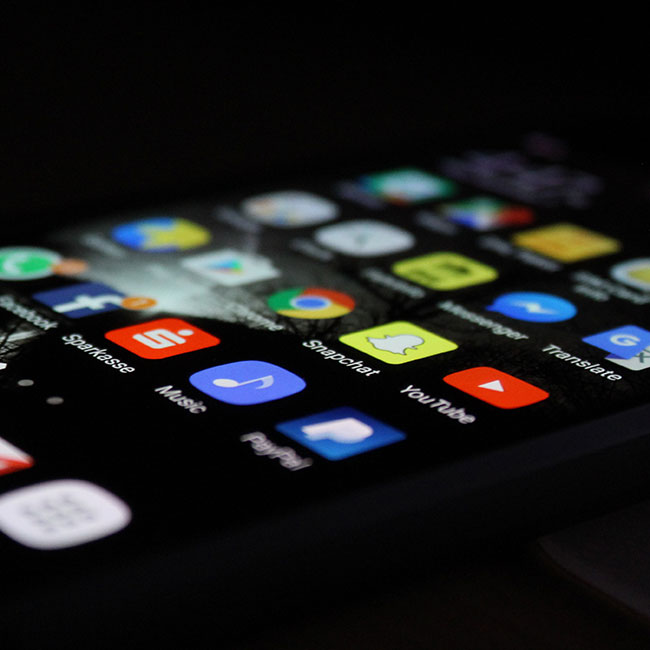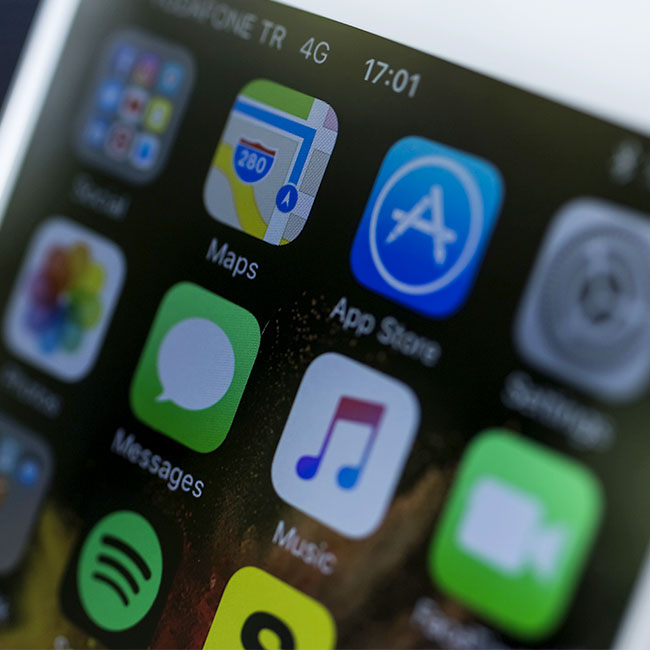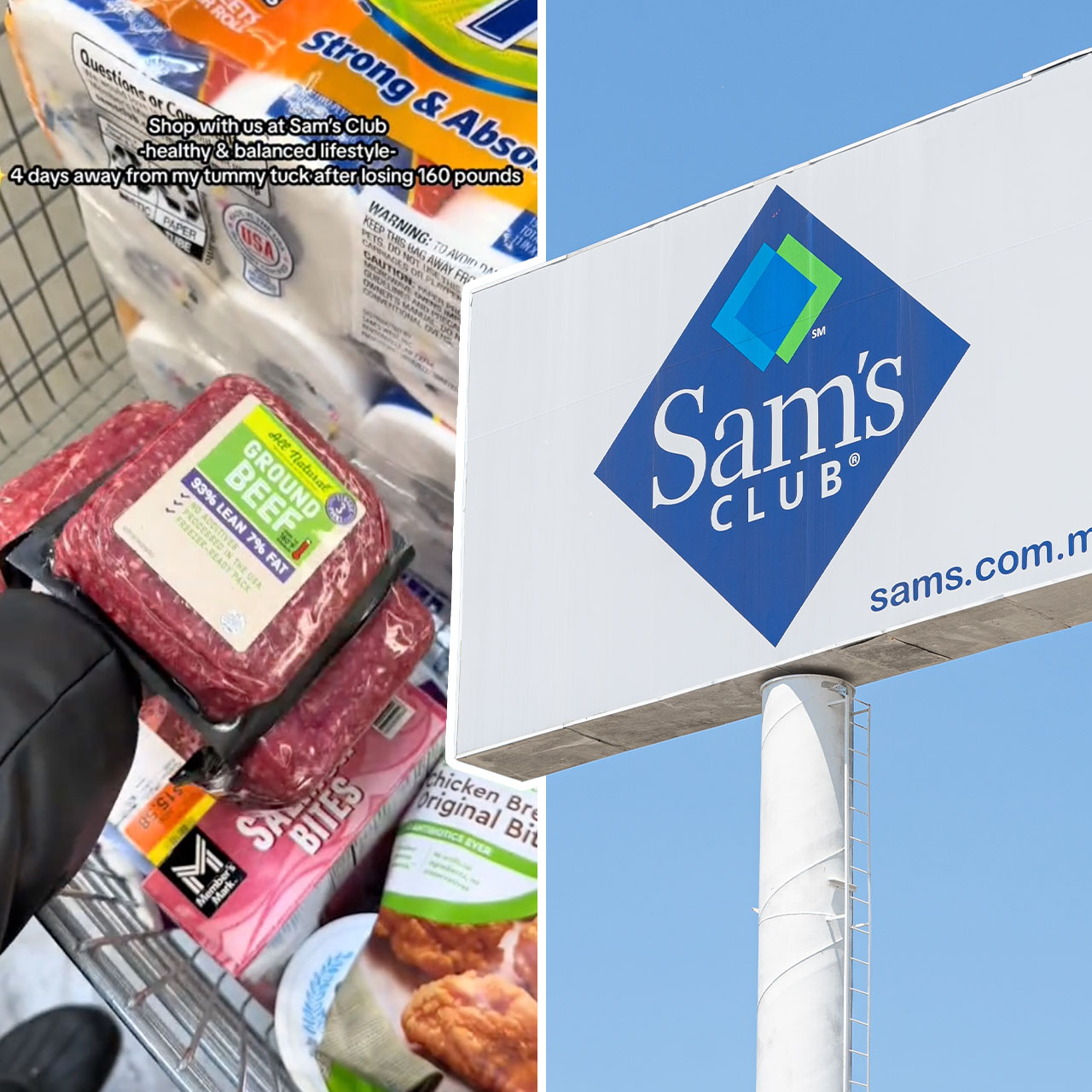How much personal info do your apps collect on you — and, perhaps more importantly, what are they doing with that data? You might not be shocked to learn that some of the most popular apps hold plenty of intel on you. But which ones are the biggest culprits of this privacy breach, and what (short of deleting them) can you do about this? Rachel Vrabec, CEO and founder of Kanary, a personal data privacy company, spoke to SHEFinds.com about the social media app most likely to leak your data, and how you can exert more control over the situation.
Facebook and Linkedin
Believe it or not, there’s more than one app to be on high alert about when it comes to your data.
“The top two apps that leak your personal data are Facebook and Linkedin,” Vrabec reveals. “They get your information by you sharing it with them to set up an account, but they also purchase data about you from other sources to have a more complete understanding of what you might want and buy. An example of a major data broker that sells data to both companies is Epsilon or The Trade Desk.”
Because most people have public profiles, Vrabec says their personal information (name, photo, email, friends) can get scraped / copied by pretty much anyone online. “Sometimes these scraped / copied data sets are exposed (like what happened with Facebook and Clearview AI) and that becomes a more public ‘leak,’” Vrabec says. “But the truth is, that data is harvested / leaking all the time.”


So, now, the important question: how can you set up your accounts on both platforms to be more private and reduce leaks? (assuming you don’t want to just delete these apps).
“First is to update the privacy settings to only be searchable by friends of friends, or to make your account as private as possible,” Vrabec says. “You can check that this worked by viewing your account from an 'incognito' browser window. Next is to make sure contact information on your account is ok to be shared with the world. Or if it does leak, isn't a big deal. It's a could be a good idea to set up an alias or work email to use for these sites. Next is to check if you work or friends are posting any sensitive information. If possible, your work place should keep their address private for employee safety, so that shouldn't be on Linkedin. Your friends can also help you stay safe by not posting your permanent addresses.”
Make these changes ASAP to ensure your accounts are as privacy and protected as possible.


























